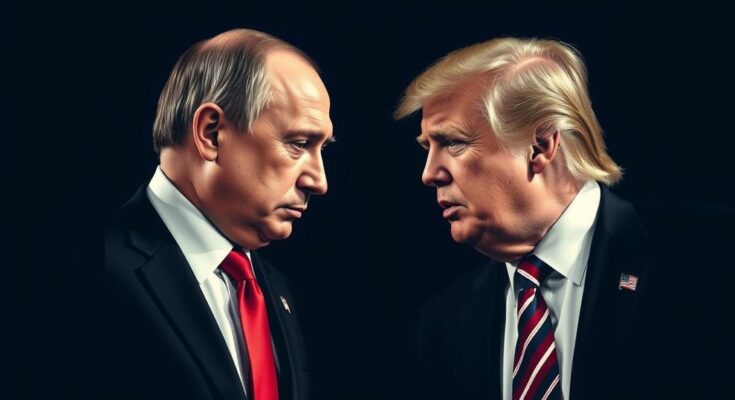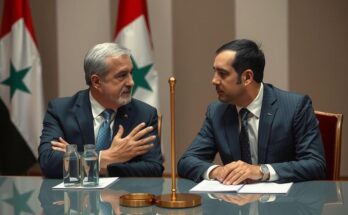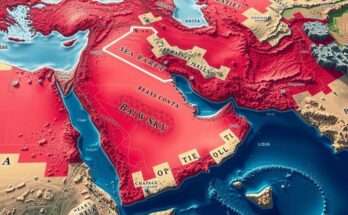In the week following Donald Trump’s election victory, Vladimir Putin’s delayed congratulations and public remarks raised concerns about their relationship. Amid claims of Trump’s diplomatic overtures, Putin’s intelligence chief hinted at obligations Trump owes to Russia. The dynamics underscore the importance of recognizing manipulation in international politics, particularly in light of recent allegations of Russian interference in U.S. elections and ongoing conflict in Ukraine.
In the immediate aftermath of Donald Trump’s electoral victory, Russian President Vladimir Putin strategically delayed his congratulations, causing considerable speculation regarding the nature of his relationship with Trump. Following a two-day wait before acknowledging Trump’s win, Putin’s lack of prompt communication raised questions about the dynamics between the two leaders, especially as Trump was inundated with calls from various world leaders. During a recent phone conversation, Trump claimed to have urged Putin not to escalate the situation in Ukraine. However, a Kremlin spokesperson countered this assertion, stating that the two had not spoken at all. This discrepancy illustrates the uncertain rapport between them, where mutual distrust may overshadow their admiration for one another. Adding an intricate layer to this interaction, Nikolai Patrushev, Russia’s intelligence chief, made a provocative assertion regarding Trump’s obligations following his election victory. He suggested that Trump had relied on certain forces during his campaign and would now be obliged to fulfill those obligations. This statement can be interpreted as a form of psychological warfare, implying that Russia played a significant role in Trump’s rise to power and expects reciprocal actions.
The relationship between Donald Trump and Vladimir Putin has been a subject of intense scrutiny and speculation. Both leaders have publicly expressed admiration for one another, yet their interactions are often clouded by allegations of manipulation and interference. Russia’s previous interference in the 2016 U.S. presidential election and its ongoing military actions in Ukraine further complicate the potential for a genuine partnership. Understanding the context of Russian disinformation campaigns and political expectations may shed light on Putin’s motives following Trump’s recent electoral success.
The unfolding dynamics between Trump and Putin reveal a complicated interplay of admiration and manipulation. As Putin positions himself to exert influence over Trump, the new president faces critical decisions regarding his foreign policy and responses to Russian actions. Should Trump fail to recognize that Putin’s interests diverge from his notions of friendship, he might find himself navigating a treacherous political landscape. The need for vigilance in international relations and clarity in understanding adversarial motivations is paramount if Trump seeks to align with Western democratic ideals while reevaluating his position towards Russia.
Original Source: slate.com




